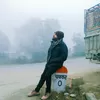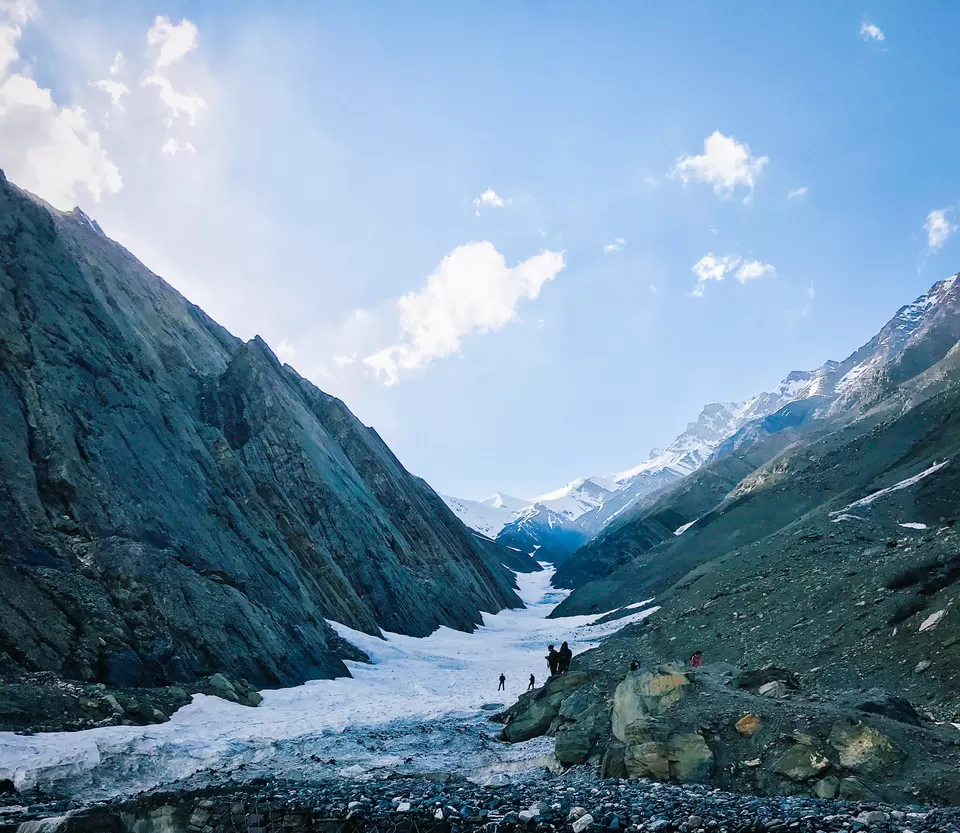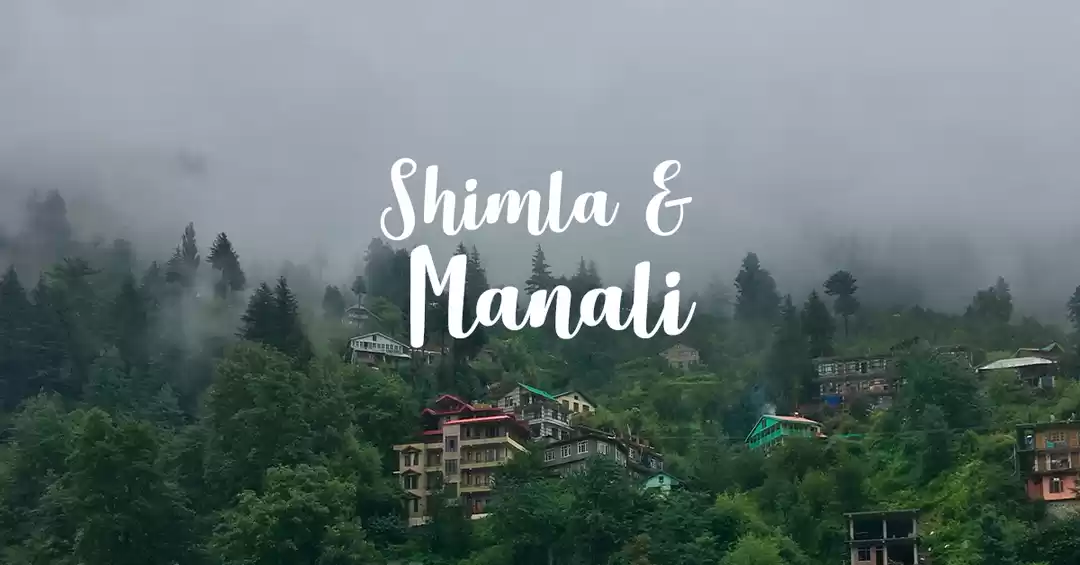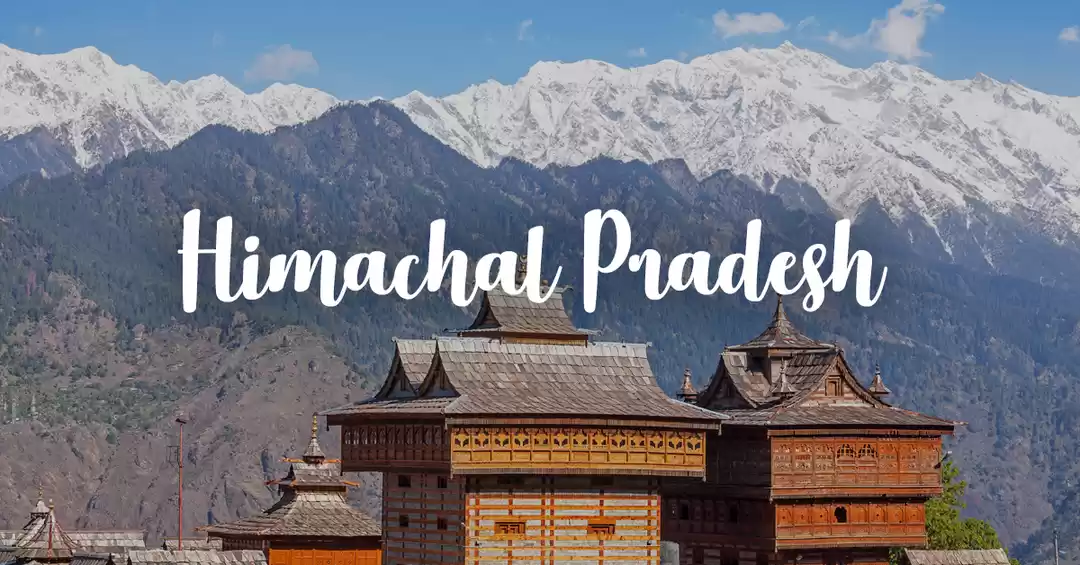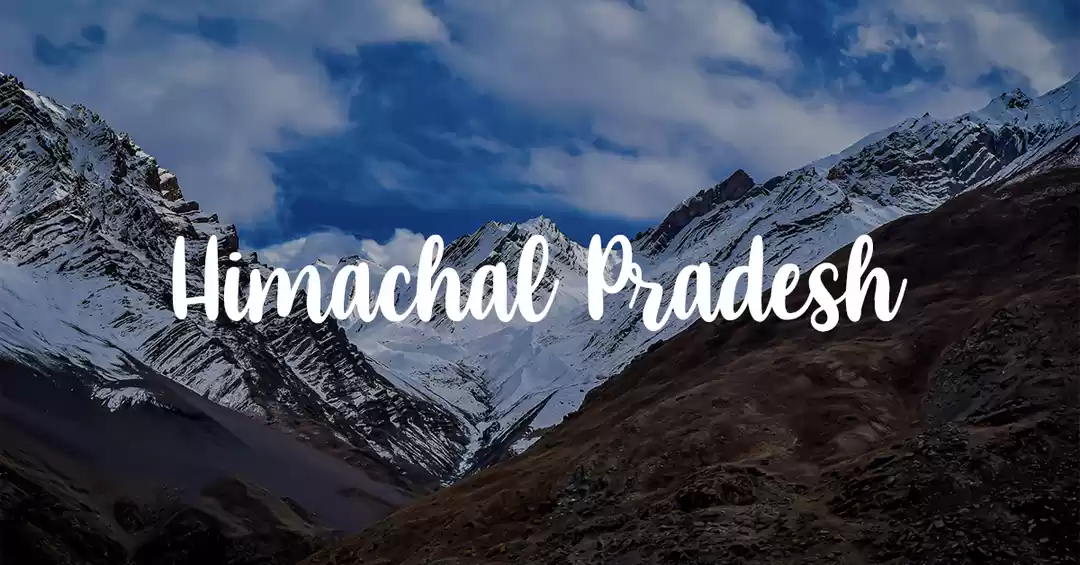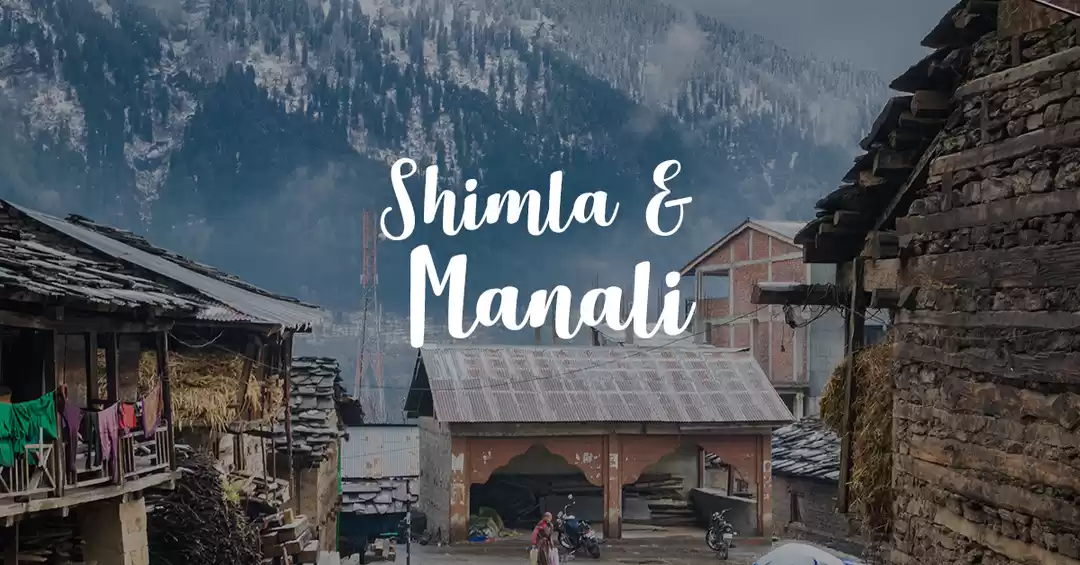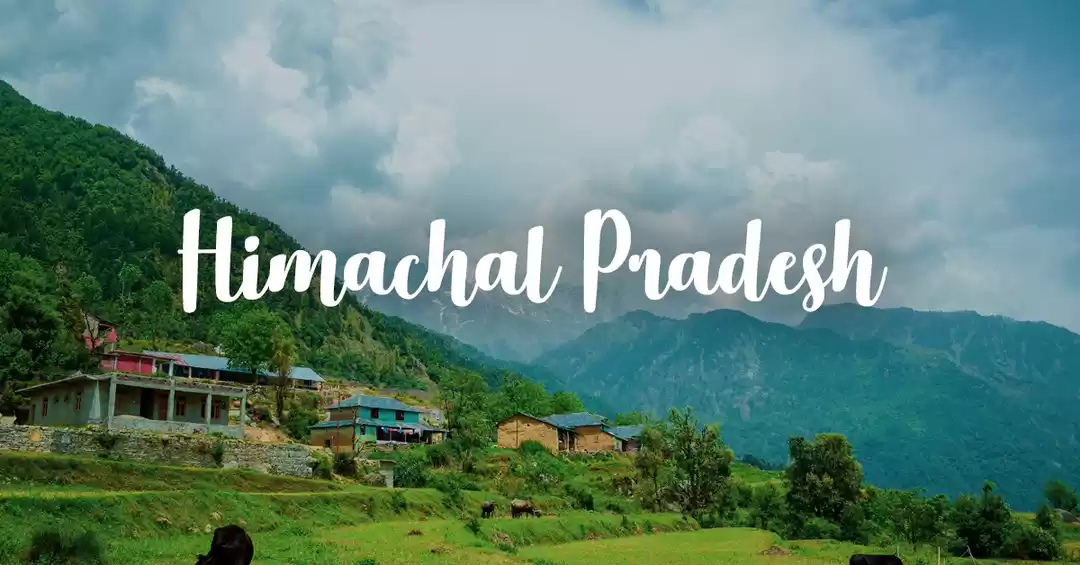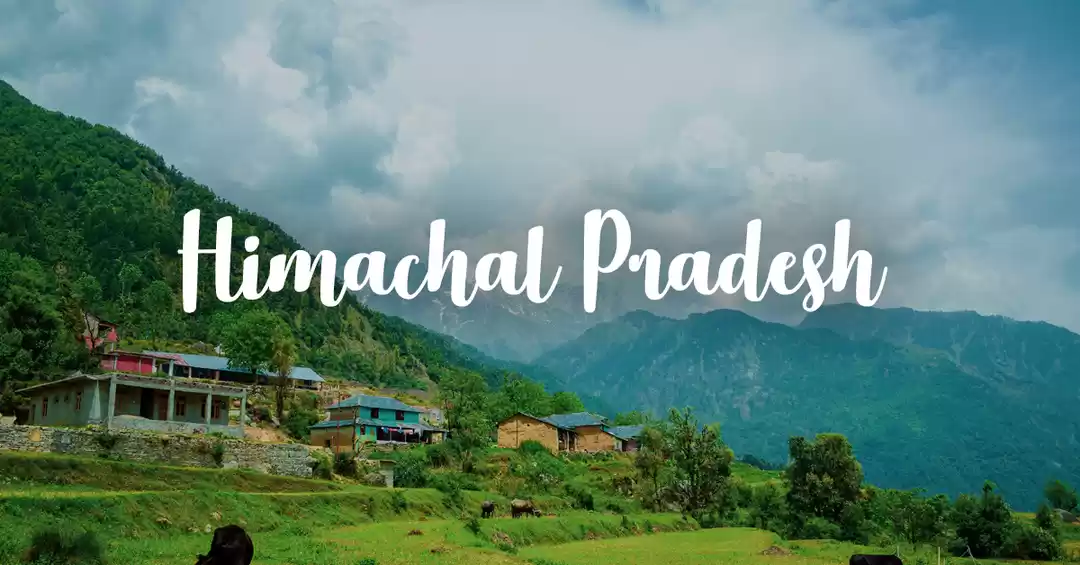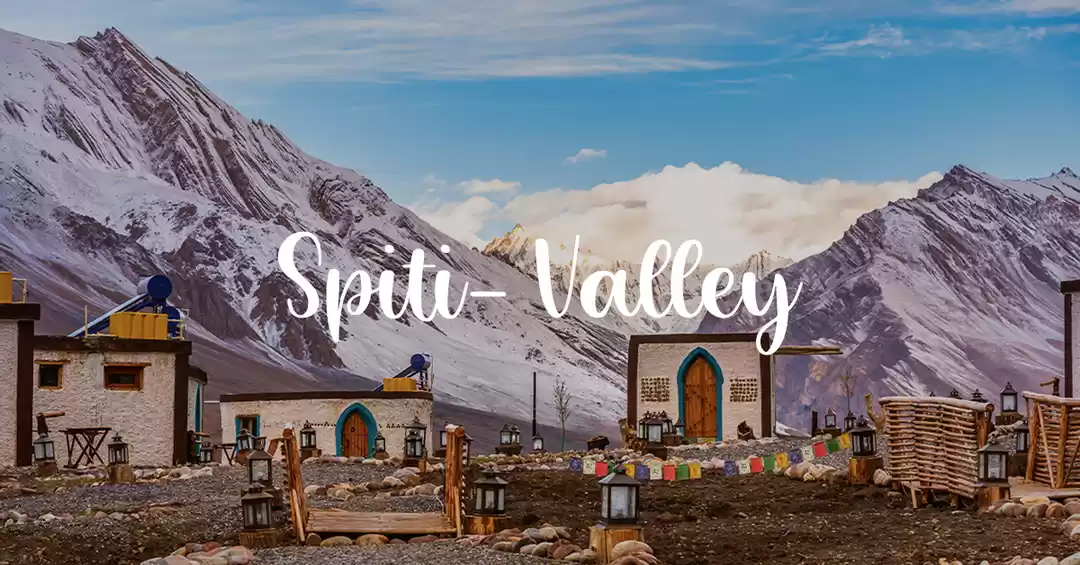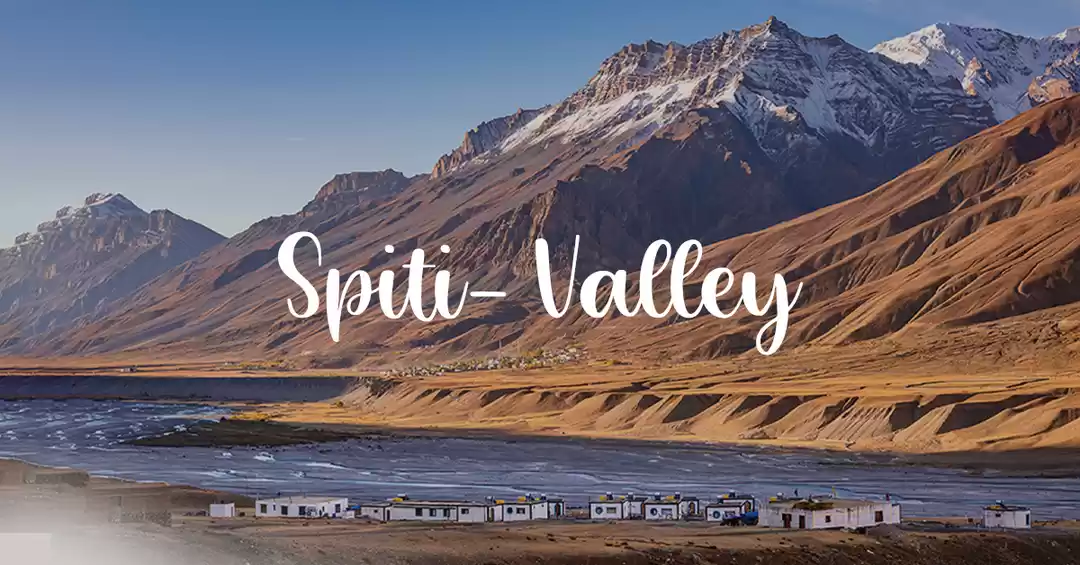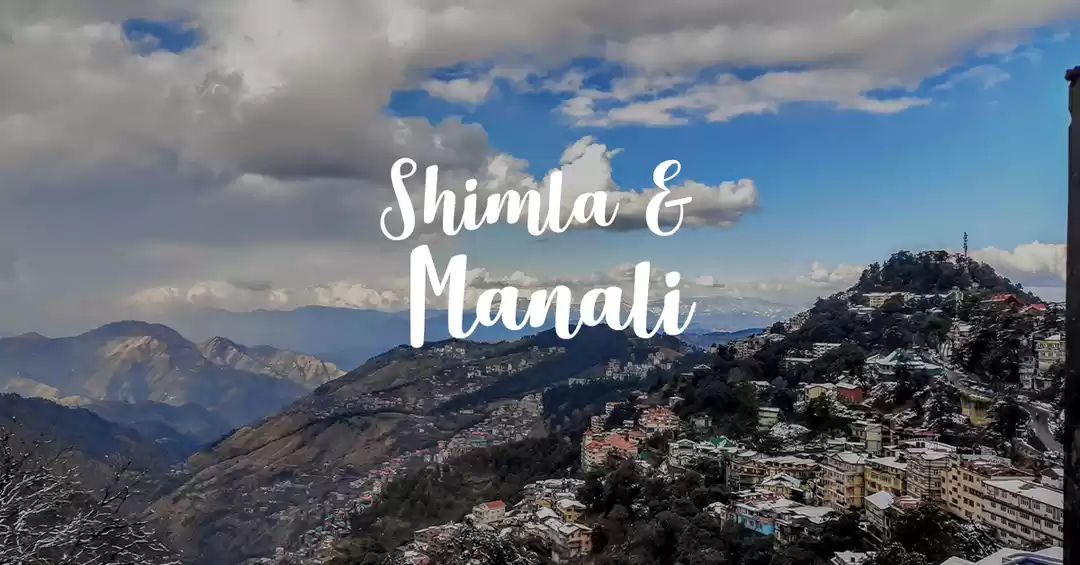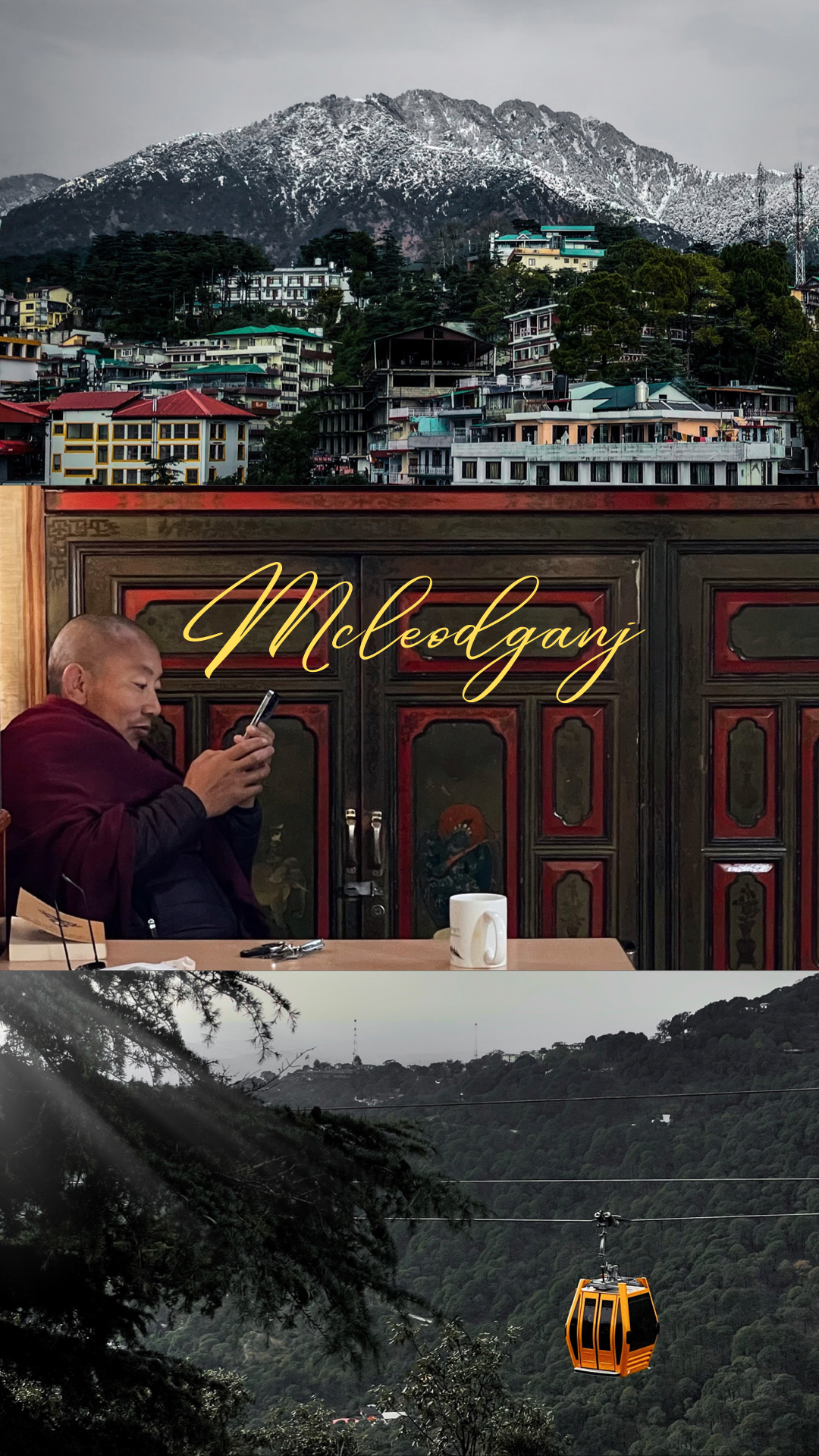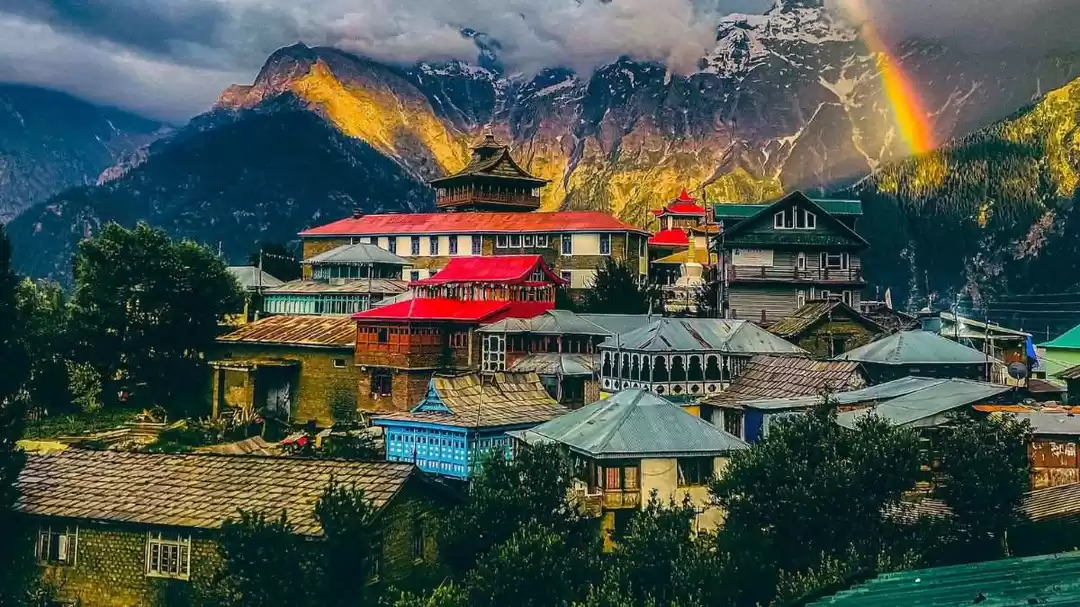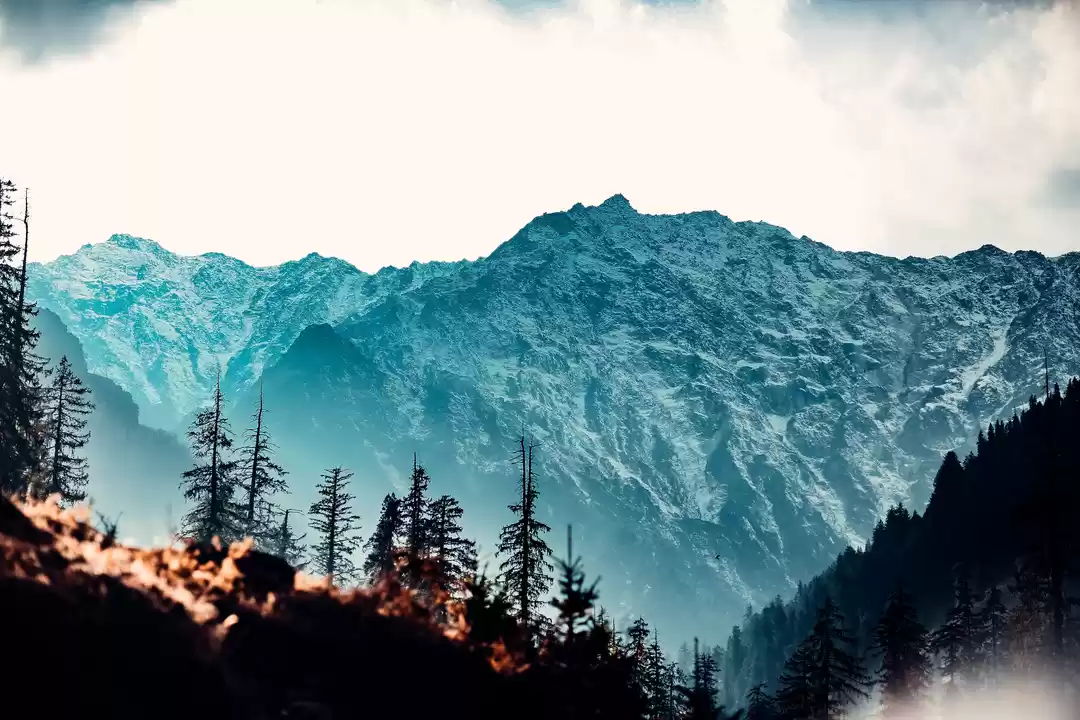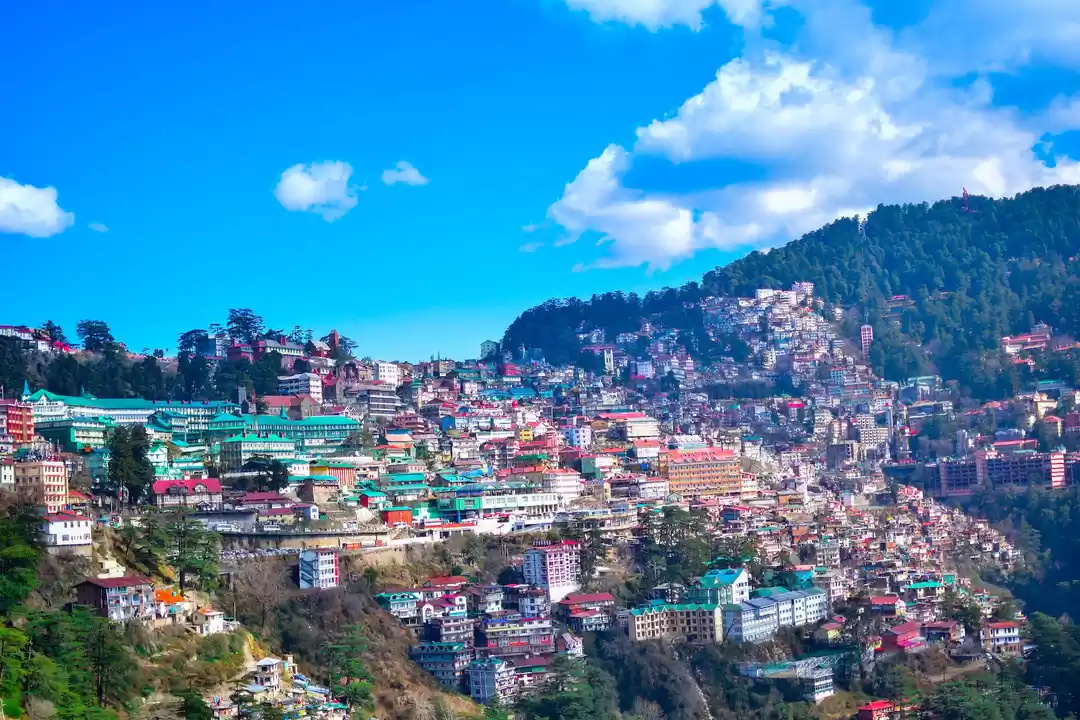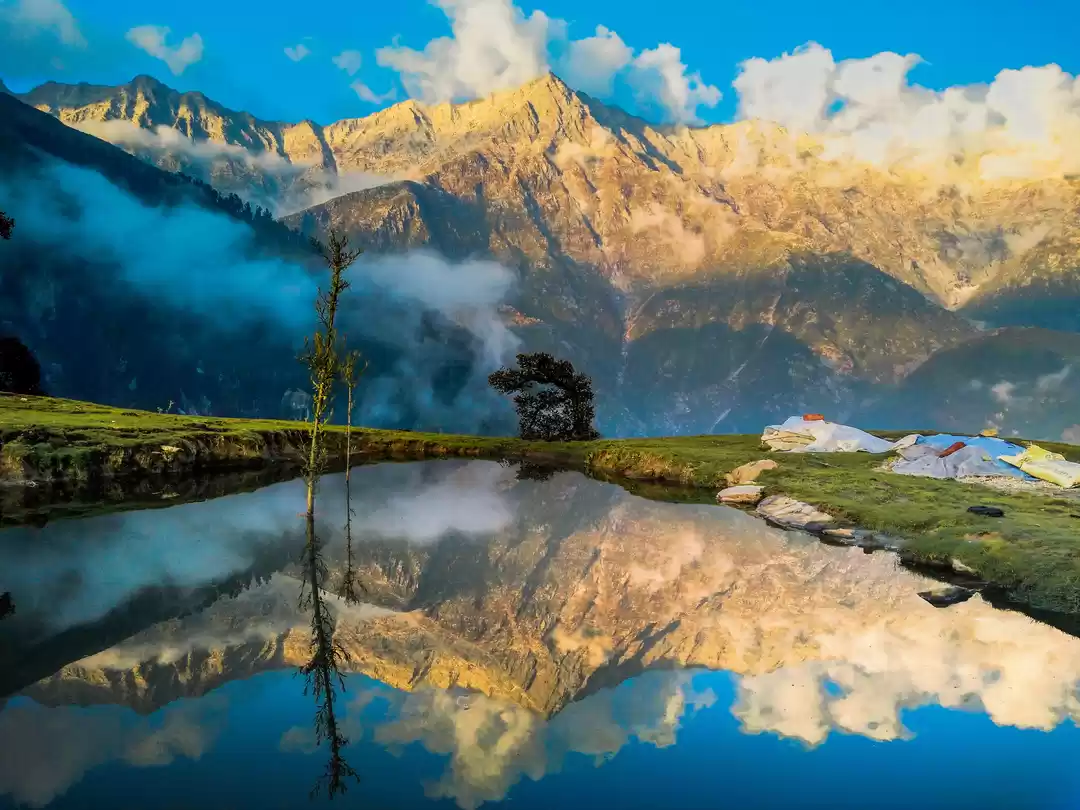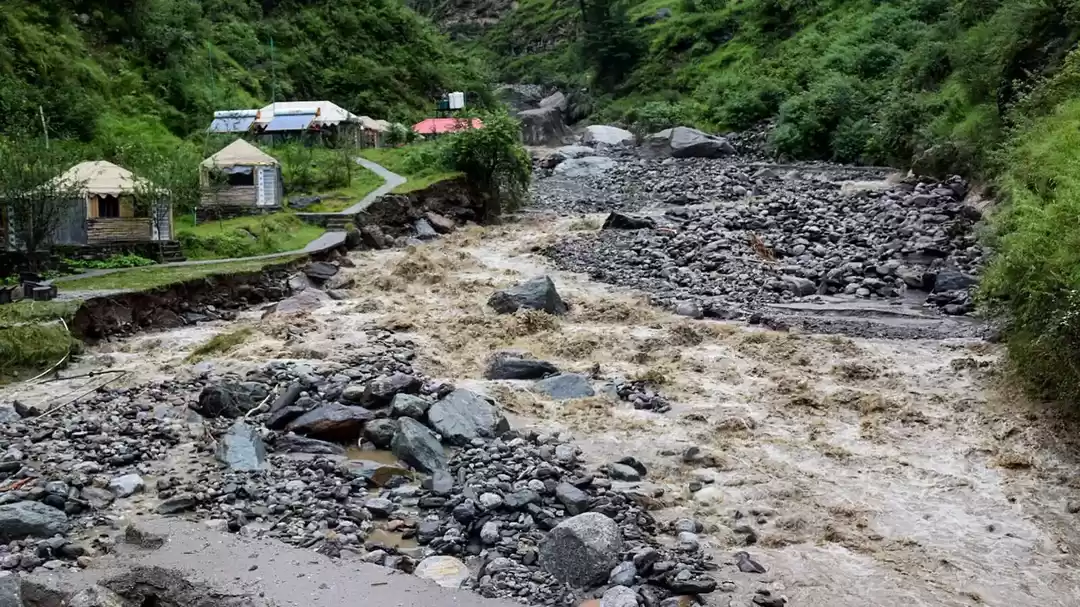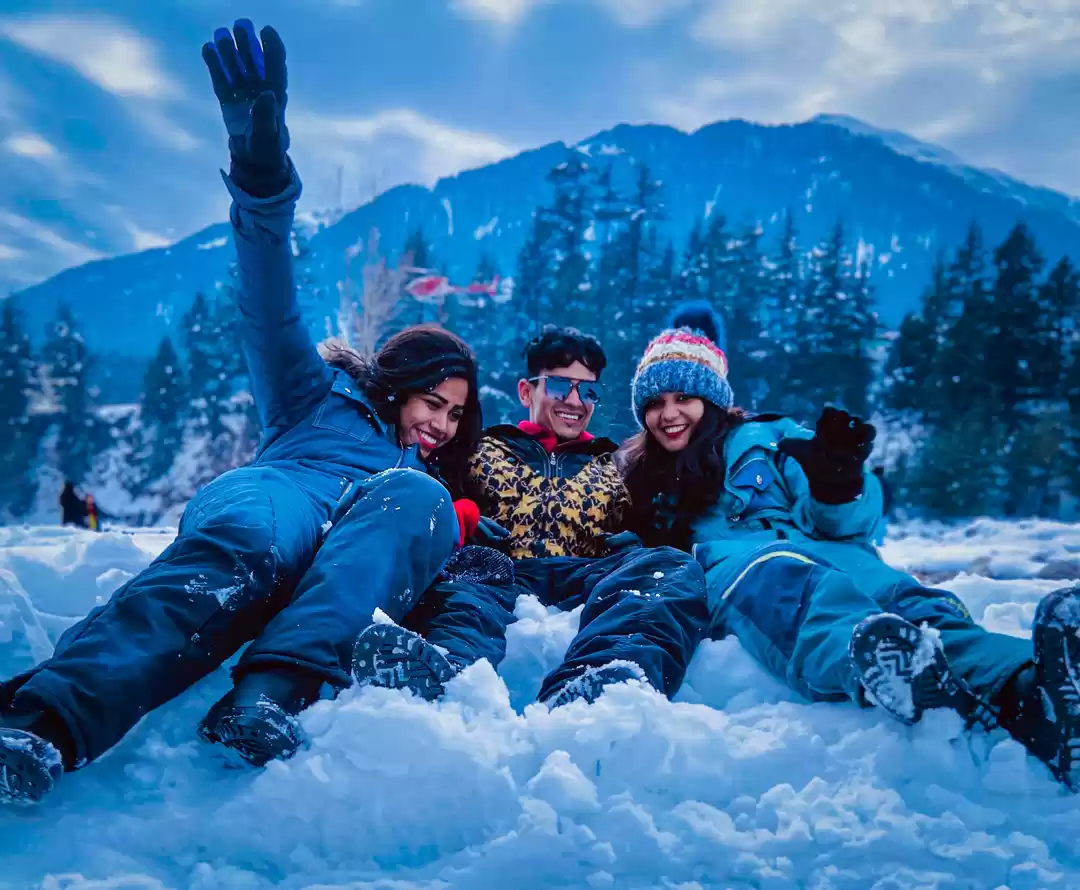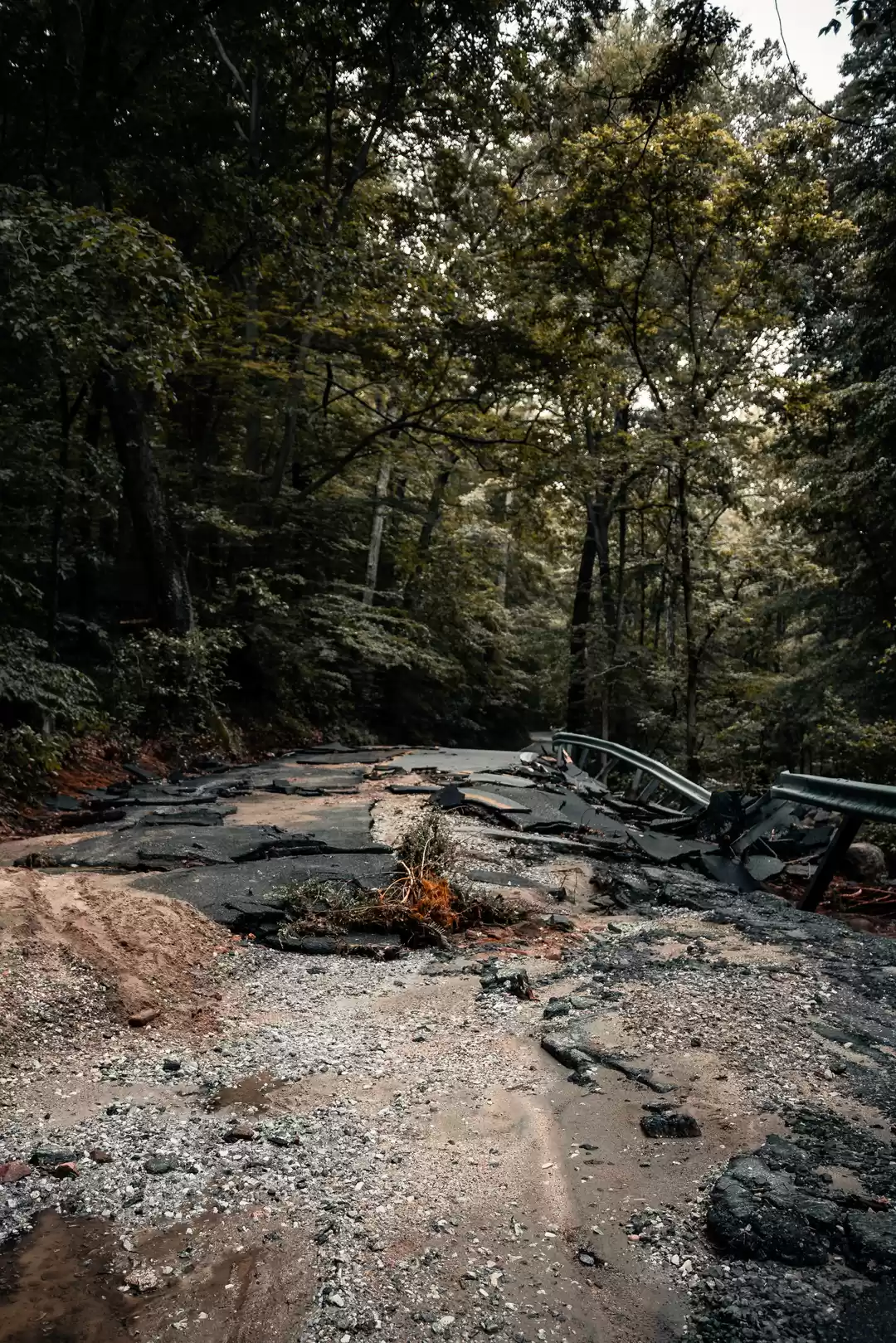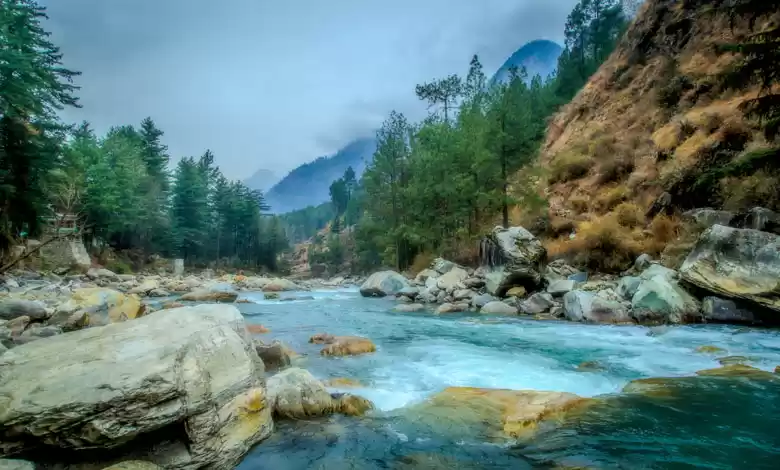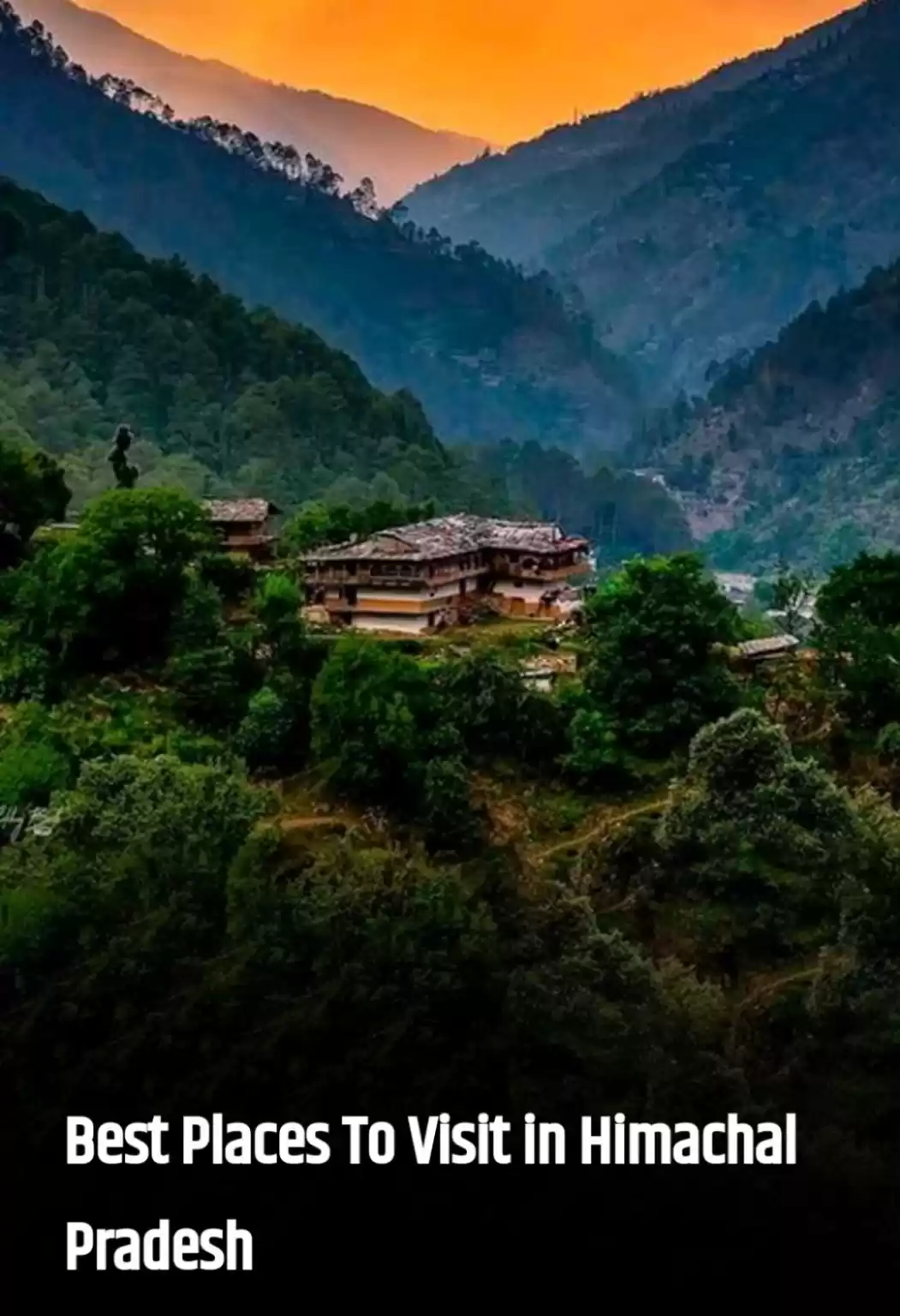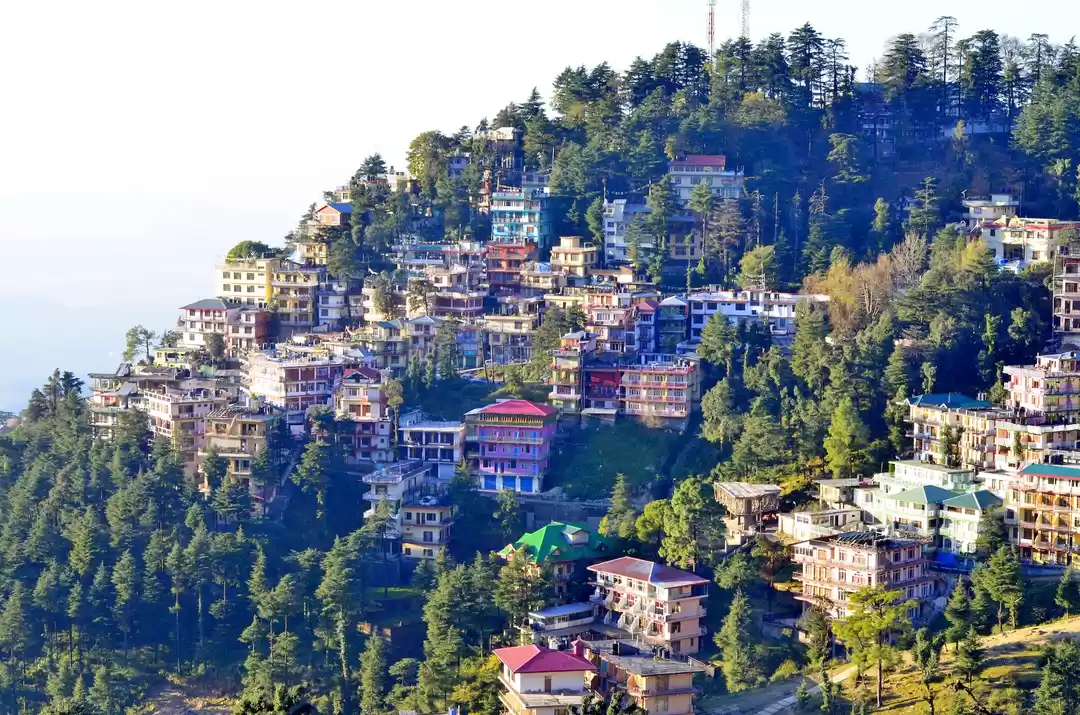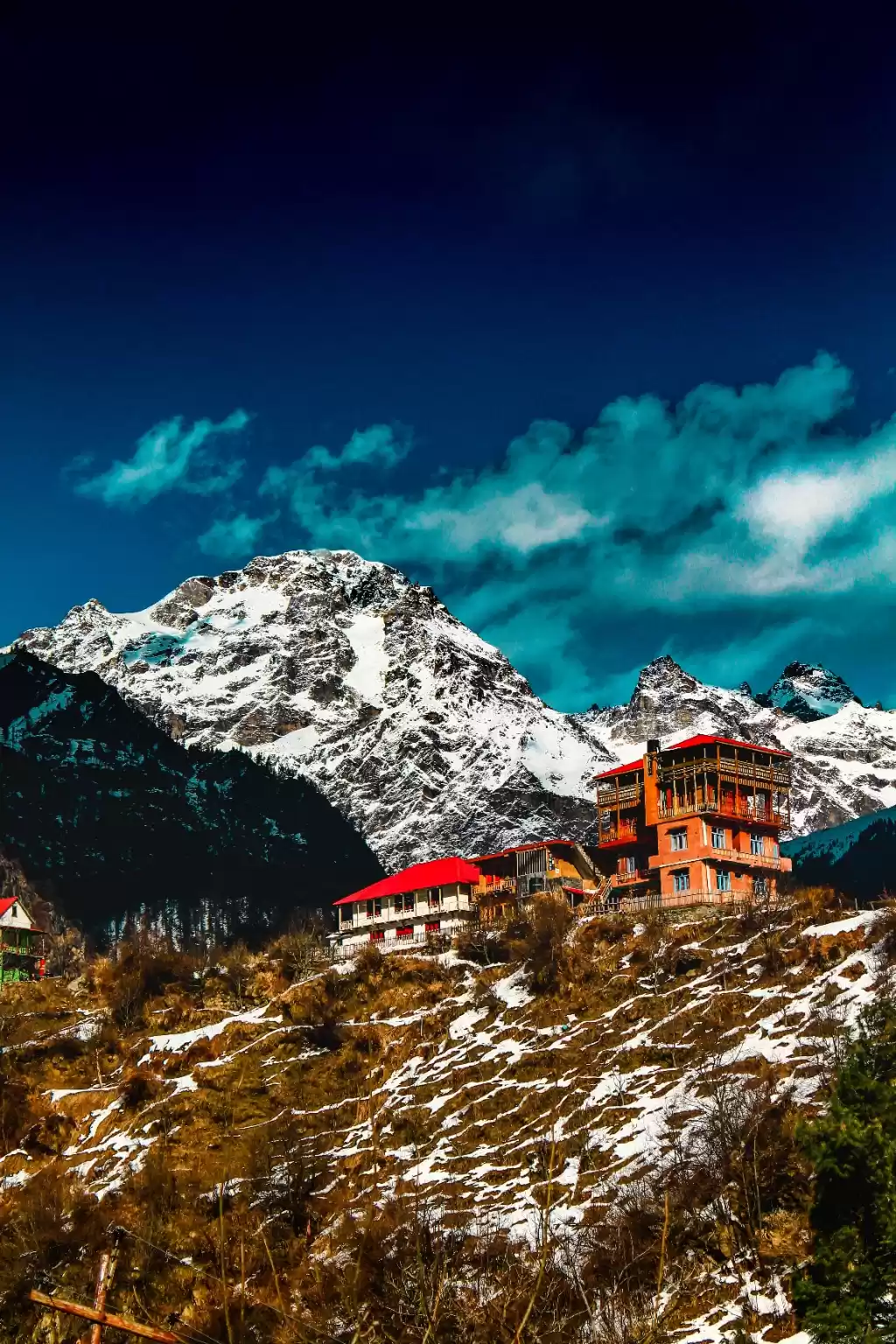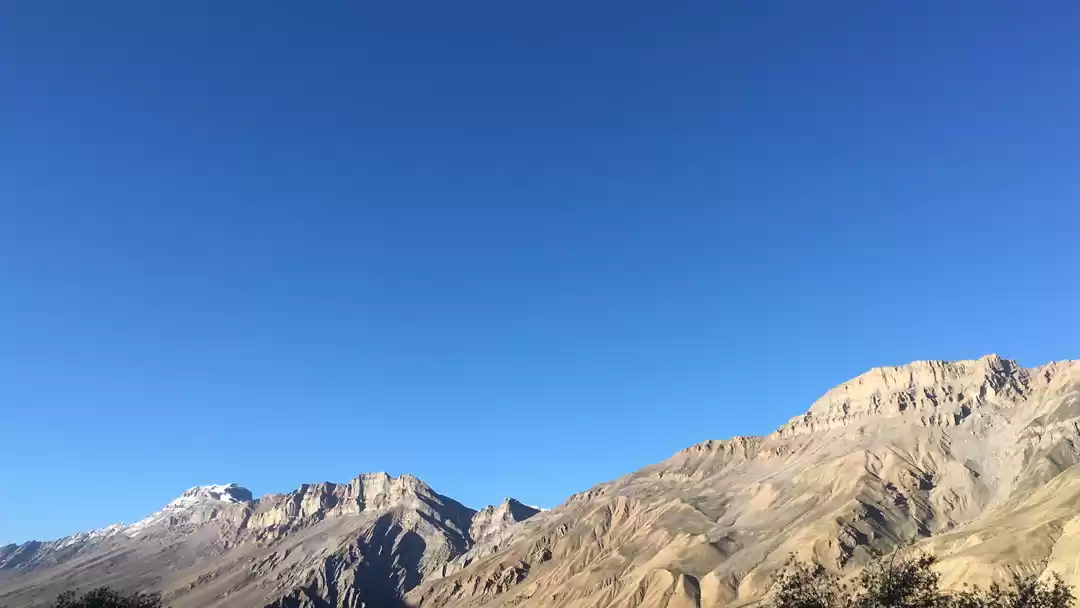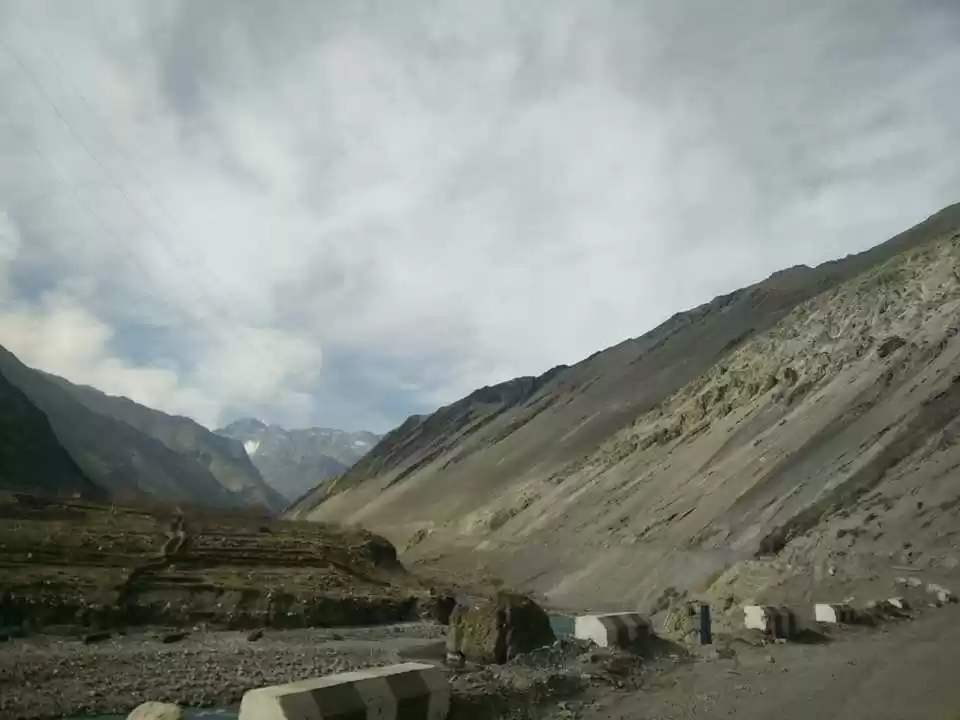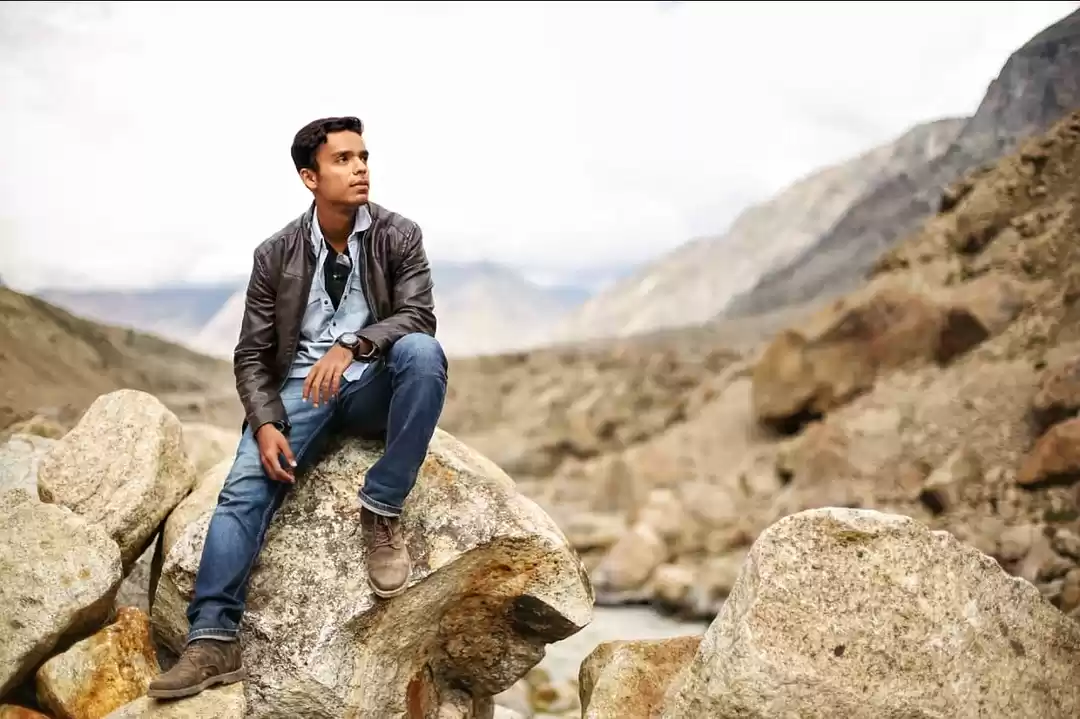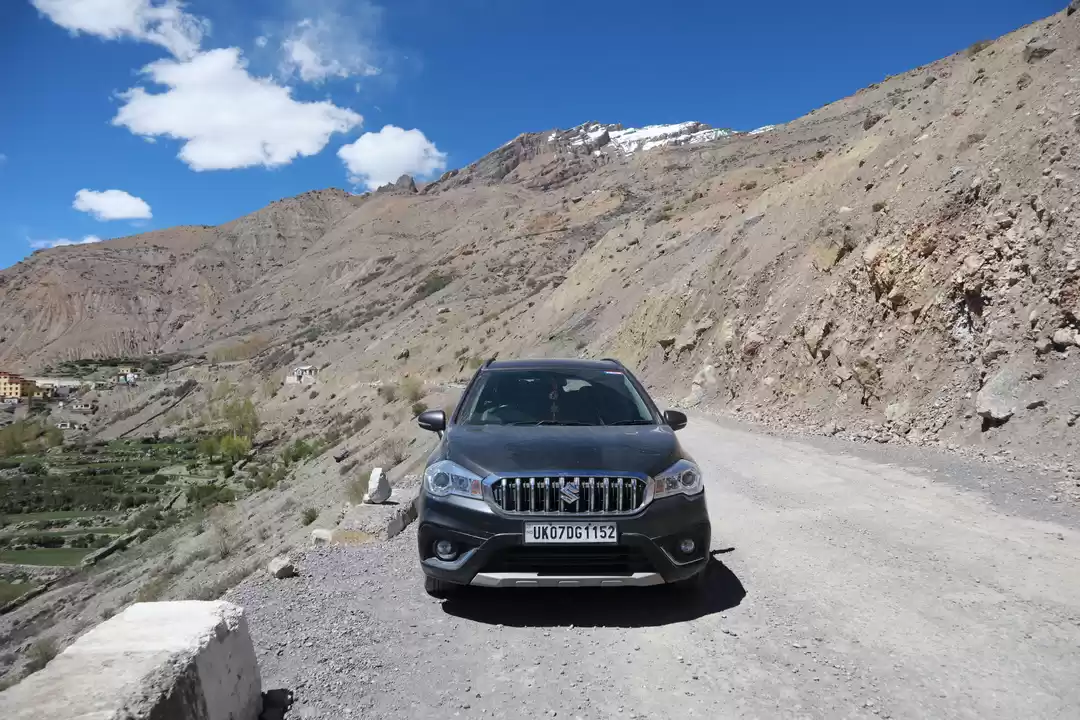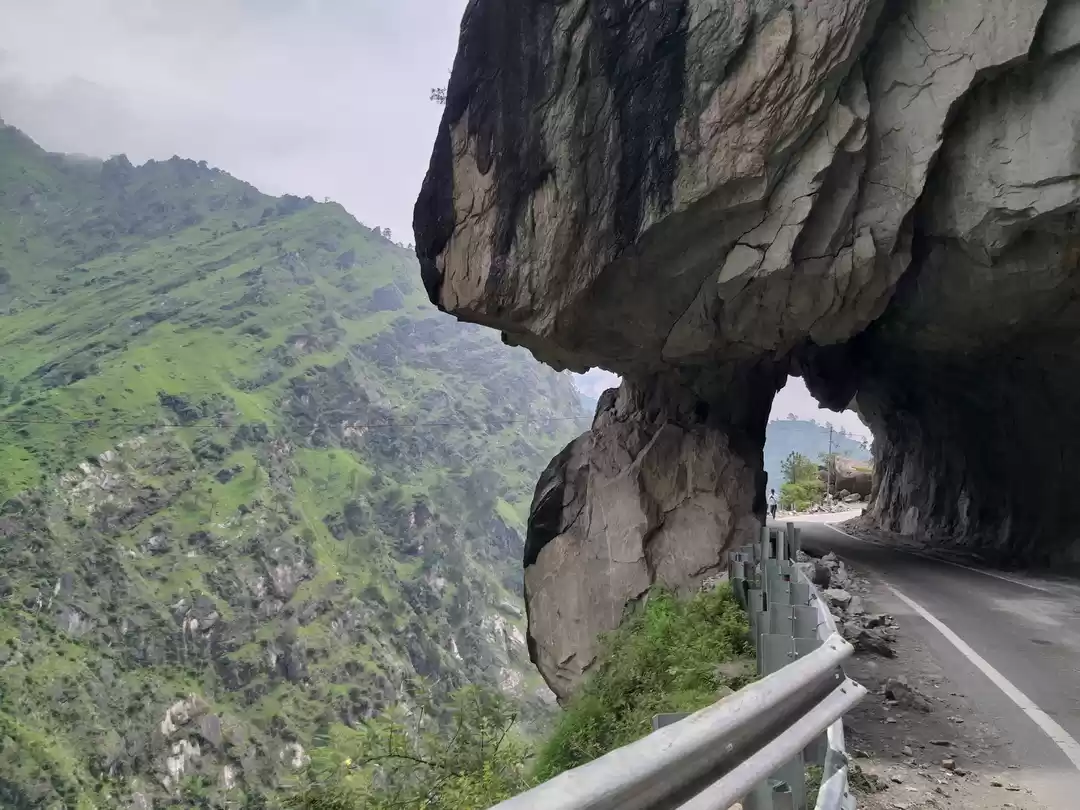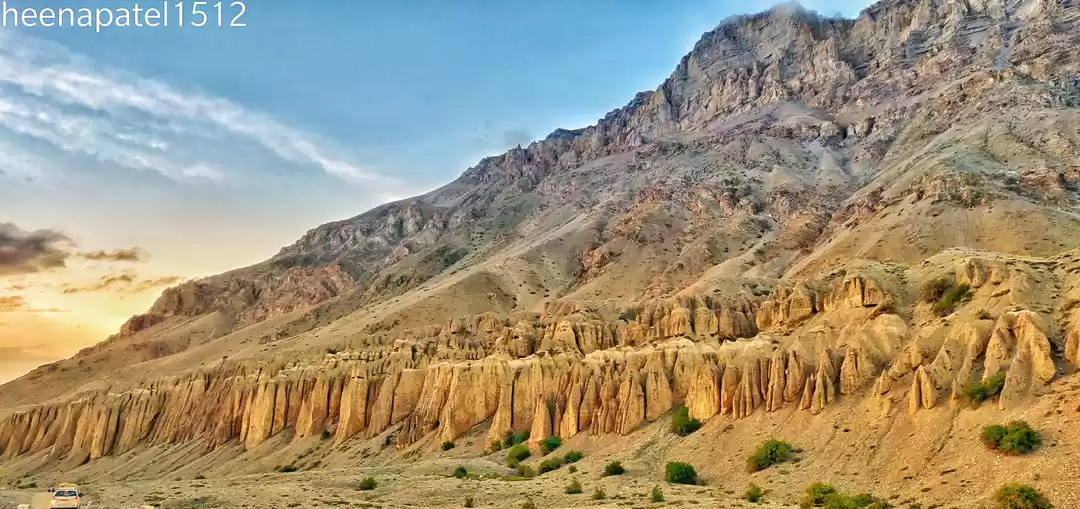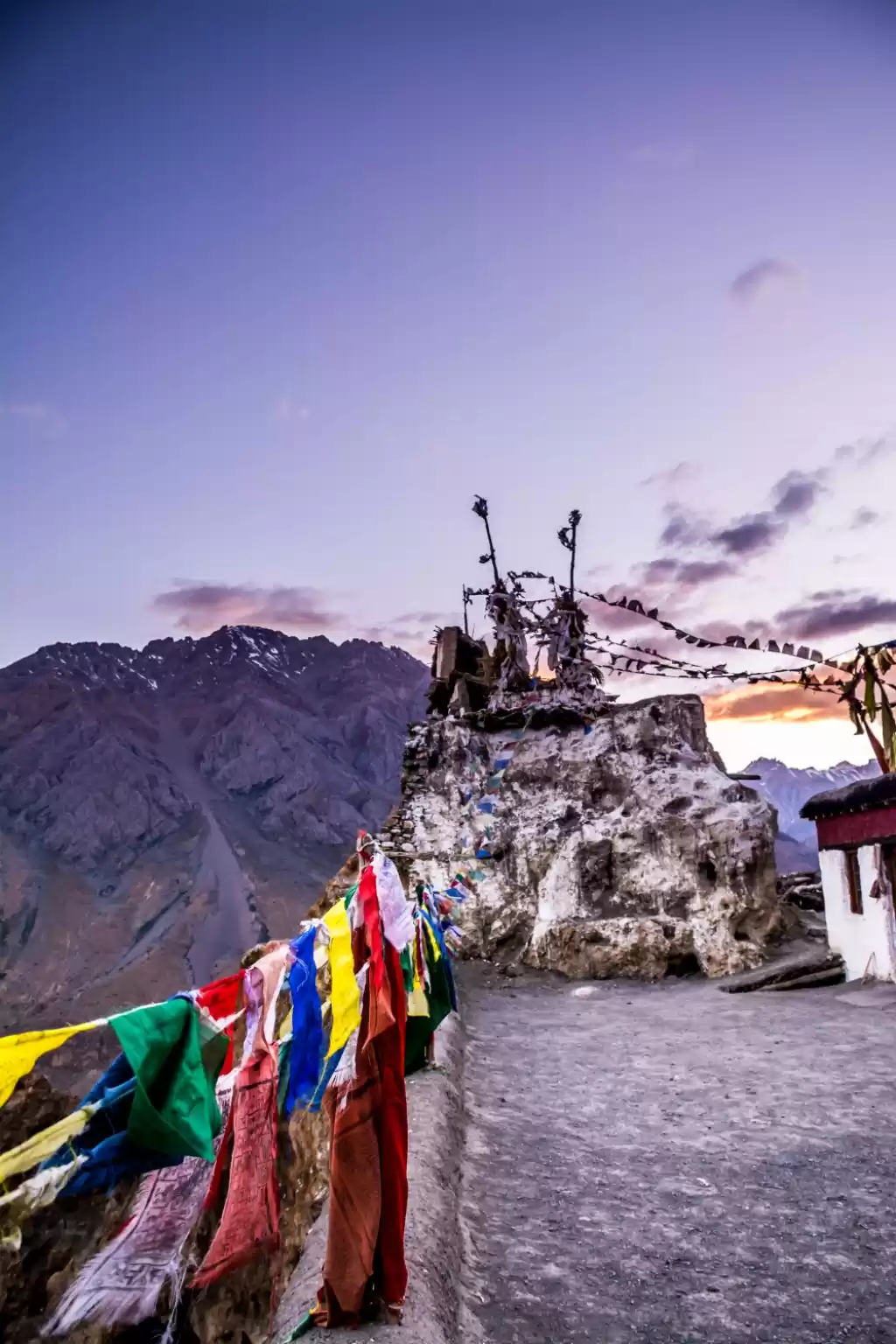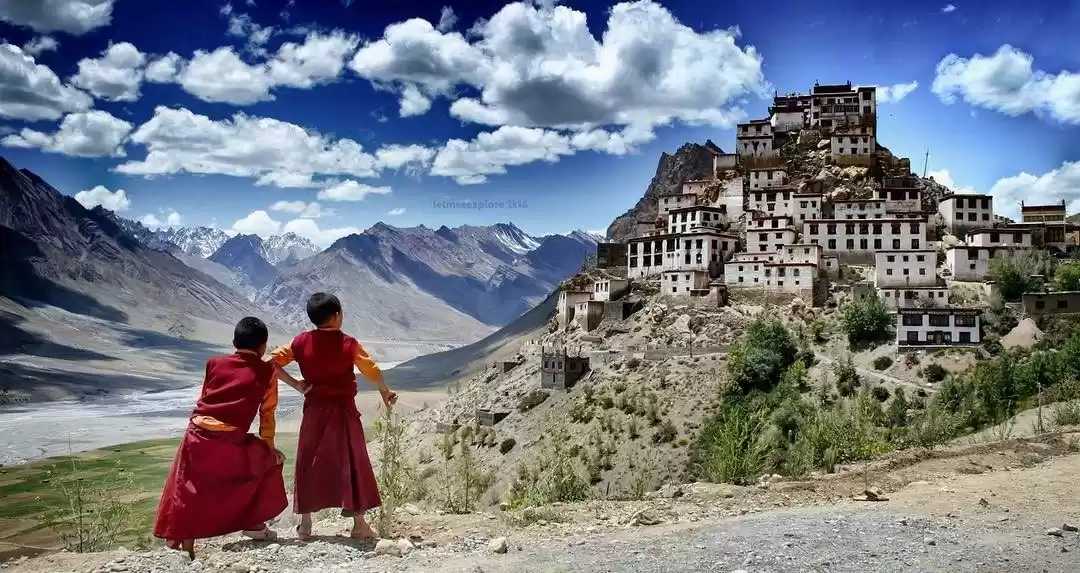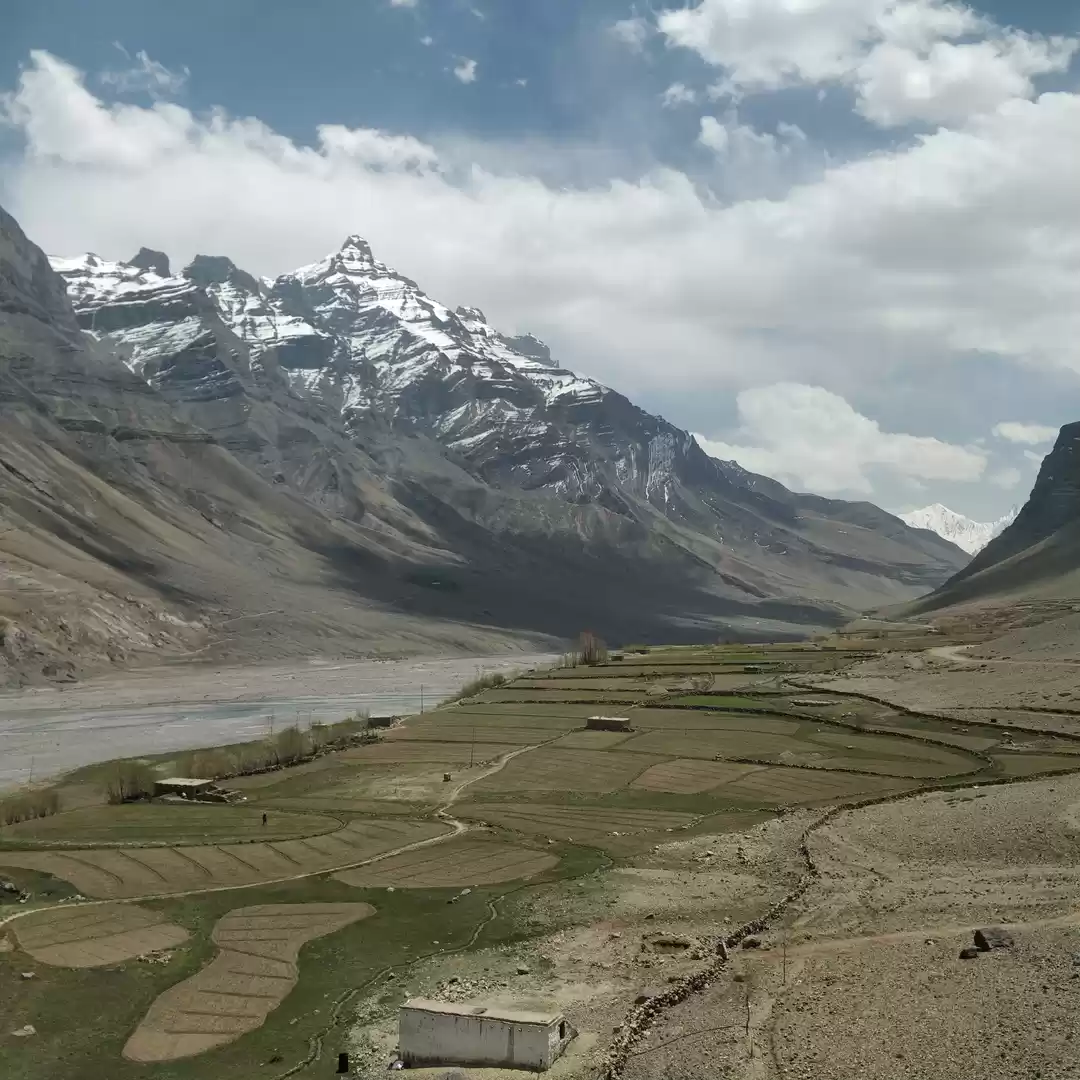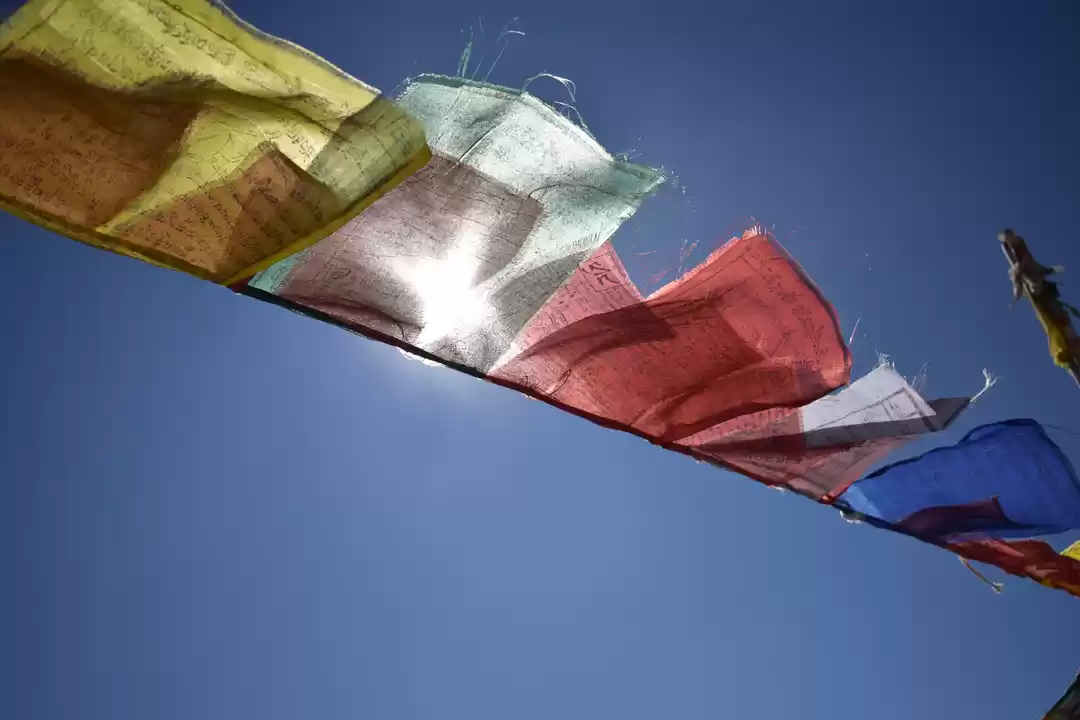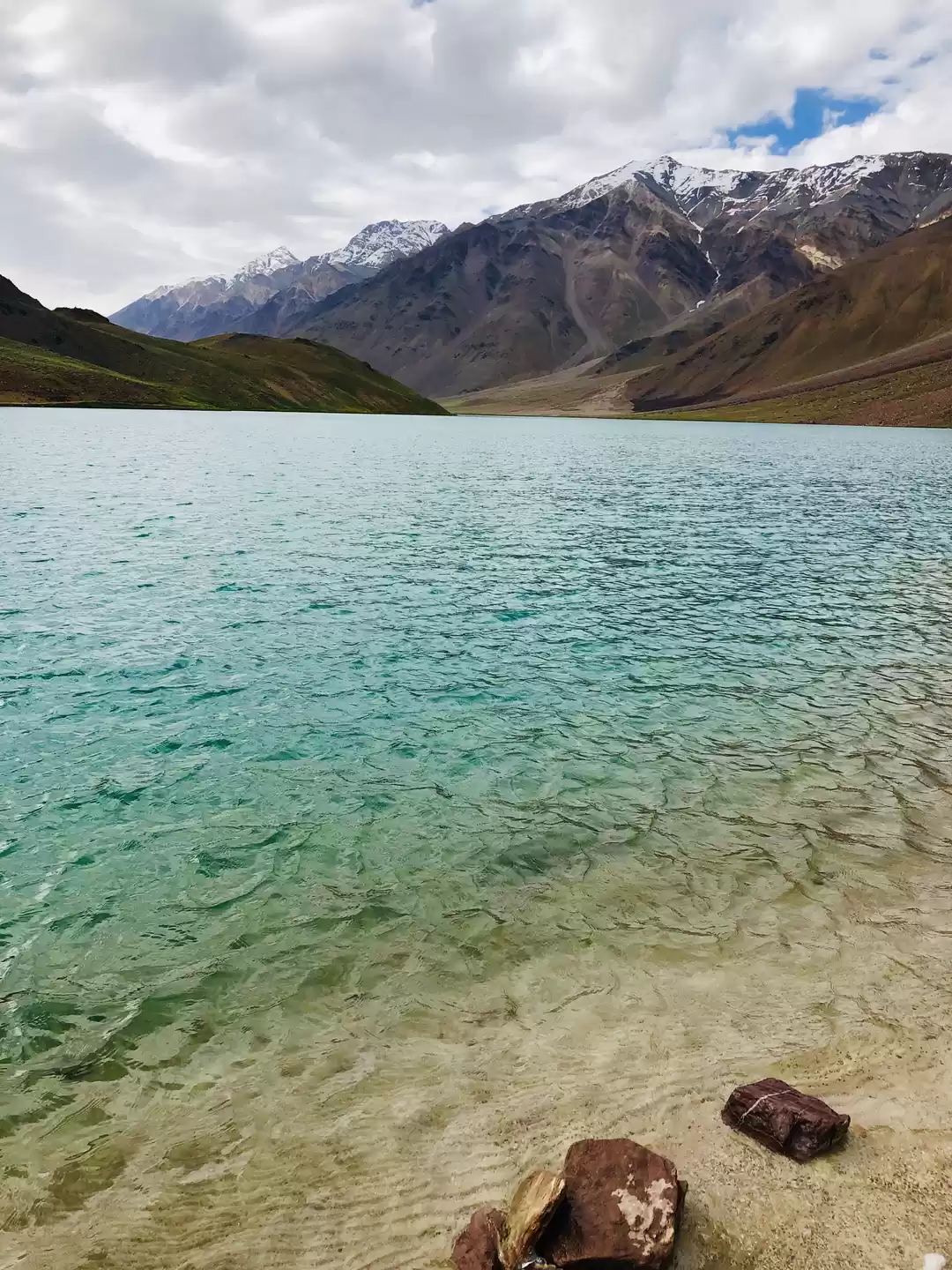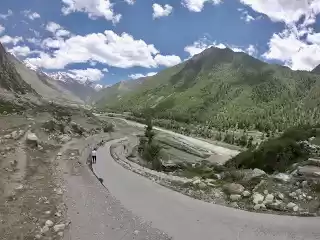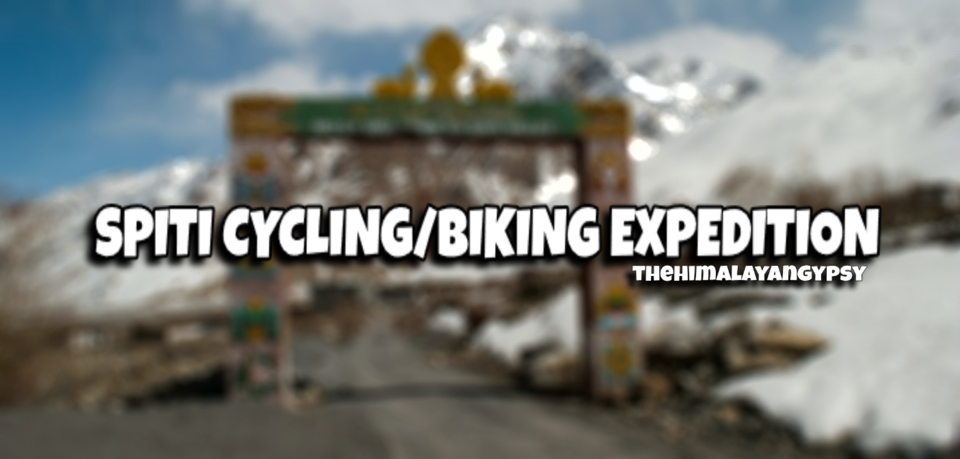
Travelling by every mode of transport has its own perks, but cycle through Himachal will ensure you have the luxury of getting up, close and personal with some of the most photographed and scenic regions in the world. Remember to slow down especially while you cycle on the old Hindustan – Tibet road, and soak in the beauty. Visit quaint old monasteries and camp at the remotest of places for a surreal experience. the ethereal Chandratal lake.
Temperature during the day on an average is between 20 – 25 degree C and at night it ranges between 10 – 15 degree C and can occasionally drop to below 5-degree C. However, the temperature varies a lot depending on the season and altitude.
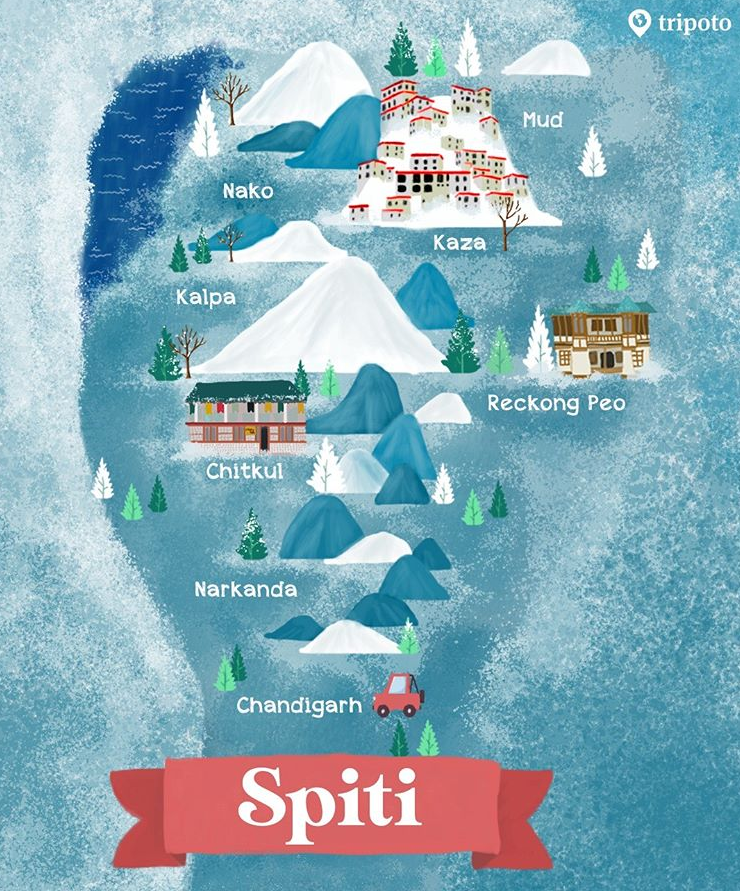
First of All, if you’re planning this big, hire a Traveler or any mini Bus that could carry all your Cycling gear and luggage. Also, you need to have a permanent driver who would drive alongside you while you’ll be cycling. Its much needed because in case of emergencies, that would be a help plus you won’t have to carry all your tent gear and backups plus the luggage of course.
If you're a biker gang, then no need for a Traveler, you can just pack your luggage onto your bikes like you may have done on your earlier voyages!
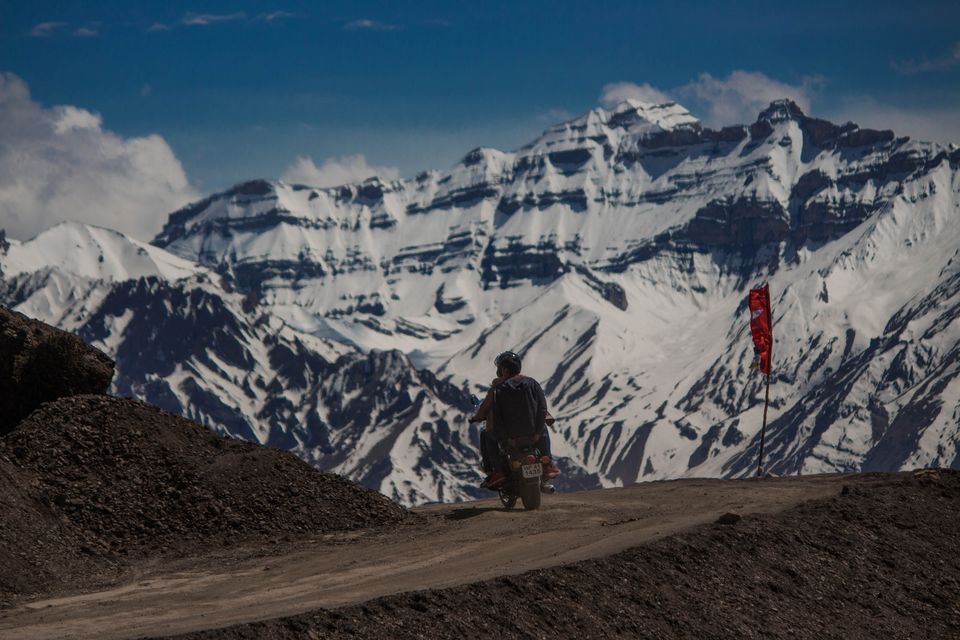
So, its always suggested that you buy a package instead that would cost you between 45k to 55k per person for 12-15 days including the hotel, tent and food along the cycling route. They exclude all other meals when you are at rest so it eventually costs you around 70k per person for the whole trip and that the minimum I calculated by looking at all those packages.
So, if you’re a group of 5-8 people, you can plan all this thing out on your own and that would not even save a lot of money but you can complete the trip on your own terms.
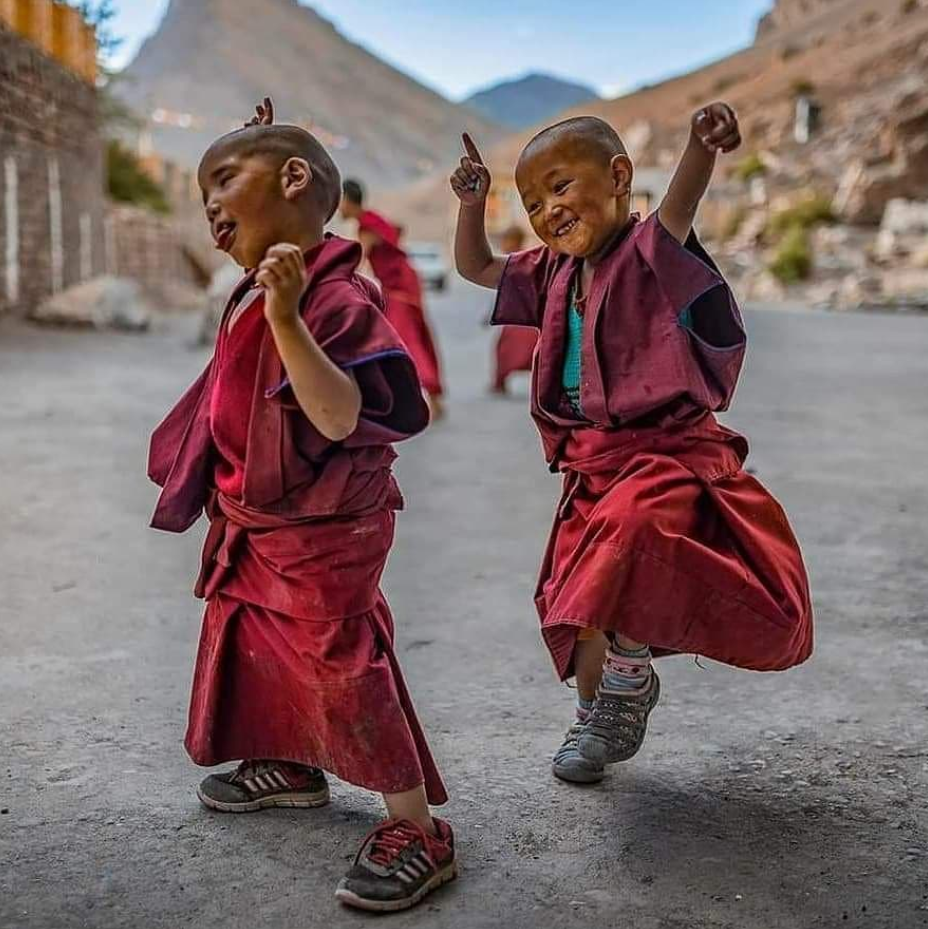
HIGHLIGHTS:
Cycle through some most photographed & scenic regions in the world.
Cycle on the old Hindustan – Tibet road
Travel over the famous and picturesque Kumzum & Rohtang Pass.
Explore the region’s Tibetan monasteries, including Tabo “the Ajanta of the Himalayas”
Experience the contrasting Kinnaur and Spiti valleys up close
Please note: You can use this itinerary as a guide to fully customise your trip as per your budget and requirements. Flexible options include travel dates and duration, places visited, activities and experiences, hotel category (star/rating) and any specific requirements that you may have.
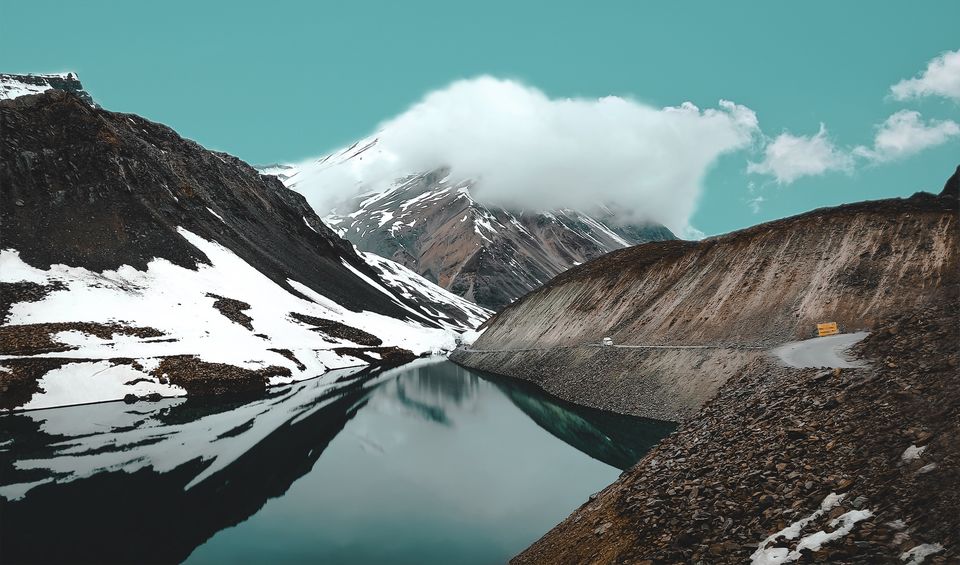
THINGS TO INCLUDE:
Twin Sharing Tents/Hotel during the Tour
Qualified and experienced Guide
Medical kit
Brilliant condition Trek Bike (Marlin 6,7 and 4300 D)
Basic repairs.
Inner Line Permits in the Military controlled areas of Ladakh
WHAT TO BRING
Footwear
Bike shoes
Helmet
Pedal
Water Bottle
Sun cream lotion
Relaxed shoes for walking
Shoes for other sightseeing
Socks
Clothing
Bring your Cycling shorts, Tshirts and Must bring good quality warm clothes
Water resistant jacket.
Safety gloves and shorts.
Others
Torch
Eyewear, cap
Sun lotion of SPF at least 35
Helmets
Snacks
Coffee and/or Tea Packets
Aerated and Alcoholic drinks
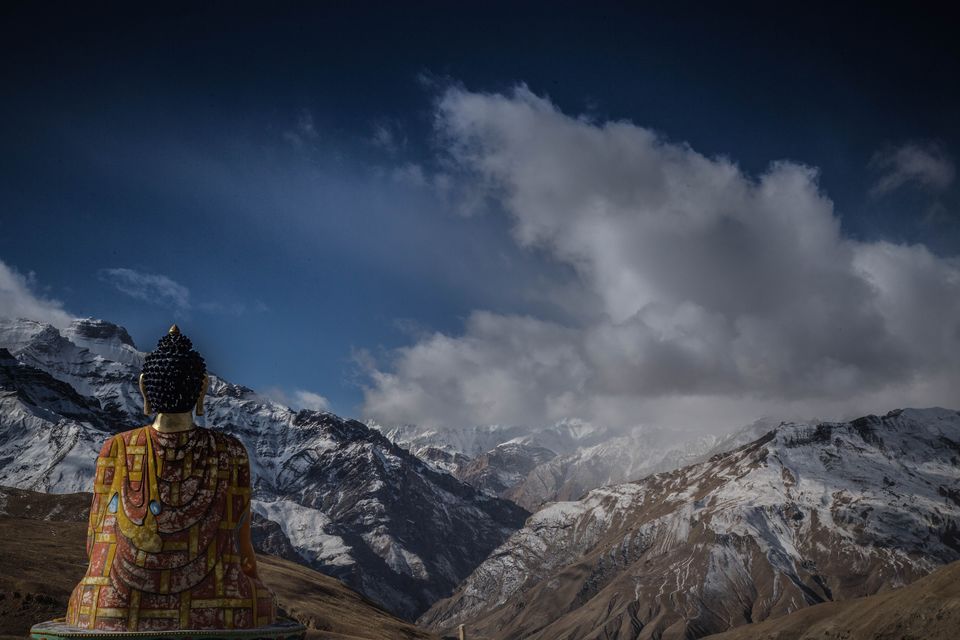
HEALTH
Before this trip, please go to your family Doctor and check your Blood Pressure, heart rate etc. If you have any issue related to breathing than we will advise you not to join this trip.
PRECAUTIONS
Bring all the important medications and OTC medications. Do not ignore to have the brands as well as the general titles of the medications one needs to have.
Use a sun hat when revealed.
Consume a lot of liquids. Don't drink tap water. Use only bottled water which is always kept in the back of your automobile.
Bring your personal medical kit and pest resilient.
To avoid fungus and parasitic attacks, keep legs clean and dry, and do not go without shoes.
Do not eat food bought from road providers.
Do not drink drinks with ice.
Do not eat milk products unless it is known that they have been pasteurized.
DAY 1 - Drive to Shimla, from either Chandigarh or Delhi
Today we recover from the yesterday’s long journey. You can do some sightseeing in the capital city of Himachal Pradesh and we will check our Mountain Bikes, overnight in hotel.
DAY 2 - Shimla to Narkanda (64km) 2708m
Tour begins in the Himachal hill station of Shimla. If you are flying in, you can land at Chandigarh and take a bus to Shimla. On Day 1, we drive to Narkanda from Shimla. You can book a hotel or just setup your tents at Narkanda. you will prepare for the cycling tour ahead, and complete paperwork formalities. Narkanda has become a must for people visiting Shimla in summer. It is an ideal retreat to find solitude. From here you have unique views of the eternal Snowline. It is a famous place for skiing, overnight in camp.

Day 3 Narkanda to Sarahan (90 km) 2165 m
Sarahan is a tiny but beautiful Village in the Sutley Valley, surrounded by apple orchards and dominated by the Shrikhand Mahadev Peak (5227m). It was the ancient capital of Rampur Bushehr, one of the biggest princely states in the Shimla hills. Here you can visit the Bhimakali Temple with its six silver coated doors. It is a mixture of both, Hindu and Buddhist style and attracts tourist from all over the world, overnight in camp.
Day 4 Sarahan to Sangla (80 km) 2680 m
Today we enter the Sangla Valley, the most romantic and beautiful Valley in the Kinnaur District. It is 95 km long and has green pasture land on either side of the River and the meadows close to the river are full of flowers and fruit trees. There are barren ranges of snow all year. Sangla is situated at an elevation of 2680 m. The Bering Nag Temple and the monastery are worth a visit. There is the famous fair Phulaich, which is celebrated each year in August-September. The wooden houses are a unique example of wooden architecture. One kilometer away is a Saffron farm, overnight in camp.

Day 5 Sangla - explore Sangla valley & Chitkul village 3460 m,
Chitkul is the last inhabited Village in that Valley. Surrounded by green fields and high mountain Peaks it is like a fairy tale. Here you can see old quaint little houses, temples and gompas, overnight in camp.


Day 6 Sangla to Kalpa (51 km) 2960 m
Kalpa, 51 km away from Sangla, is surrounded by vineyards, which are protected from bears by large sheep dogs, which are especially trained for that purpose. Kalpa is a high and beautiful place in the Kinnaur region, popular not just for its views and natural beauty but also for it apples and the rarely grown pine nuts. It is a steep uphill ascent in which you gain as much as 835 m to end the day at Kalpa, a high altitude, beautiful place in Kinnaur that offers breathtaking views of 6000-plus meter high Himalayan peaks. Here you can buy Kinnauri Shawls and caps, overnight in camp.

Day 7 Kalpa to Pooh (75 km) 2825 m
Known as the Hind-Tibet road, this used to be an ancient route connecting India and Tibet for centuries. Pressing on, you’ll notice the landscape change. The greenery of Kinnaur falls behind, replaced by rocky mountains. You almost feel another world coming round the corner. The last 8 km of the day’s cycling will be a steep uphill ride to Pooh.
Day 8 Pooh to Tabo (100 km) upto 3870 m
The road here is literally carved out of rugged mountain faces. Khab onwards, the road starts rising steadily towards Nako, a gorgeous fertile oasis in a barren landscape. Crossing Nako, the ascent continues, the air gets thinner and it’s here that the physical and mental endurance of a cyclist will be tested. All the cycling of preceding days prepares you for this challenge. We press on through several hairpin bends until Malling Nalah, which is a place notorious for falling stones and sudden closures. A signboard by Border Roads Organization here describes it as “the world’s most treacherous road.” At the right side of Spiti River is an ancient Village which is flanked on either side by lofty hills. Brown and sun burnt, it is the seat of one of the most famous monasteries: The 1000 year old Tabo Monastery. It has exquisite frescoes and stucco statues and is often called the Ajanta of the Himalayas, overnight in camp
Day 9 Tabo to Dhankar to Kaza (48 km) 3600 m
Dhankar is the ancient capital of the Spiti king; the most incredibly Gompa is situated high on the barren rocky mountain slopes. Here, we are well into Kipling’s ‘world within a world’. Mountains with intriguing formations and colors dot the landscape. The geography can aptly be described as Martian. The gentle uphill road lets you appreciate the views at leisure. Along the way, we take a detour to the high-altitude village of Dhankar. Perched at a height of 3894 m, Dhankar offers some heart-stopping views. From here, you can see the confluence of the Spiti and Pin rivers in the distance. You can marvel at the majestic Manirang peaks (literally meaning jewel-colored peaks) that separate the valleys of Kinnaur and Spiti. You will visit a small lake and monastery at Dhankar. Here onwards, it’s an easy way down to Kaza, the largest township and commercial center of the Spiti valley. Kaza is situated on a foot of steep ridges. It has a population of 781 and a traditional fair is celebrated every year in August, overnight in hotel/camp.

Day 10 Kaza to Ki monastery & Kibber village (37 km) 4205 m
Let’s visit the famous Kye gompa. The gompa is placed high on a mountain looking like a pyramid. It belongs to the Gelugpa sect of Tibetan Buddhism. Leaving behind the hustle and bustle of Kaza on the morning of Day 10, we start the climb to Key Monastery. This is the largest and best known gompa in the region and merits a quick visit before we press on towards the twin villages of Kibber and Chicham. These villages are situated close to each other but are separated by a massive and deep gorge, a telling instance of geography deciding accessibility in these parts. A suspension bridge inaugurated in 2017 now straddles the gorge. It is often described as the highest altitude bridge in Asia and just crossing it is sure to give you a high. Kibber, one of the highest permanent inhabited villages is located in a semi bowl-shape. A small Gompa is worth a visit, later we go to Kaza, the head quarter of Spiti Valley, overnight in hotel/camp.

Day 11 Kaza to Hikim (4115 m) & Komic villages (4389 m)
The trail to these two villages is totally off road and it is a favourite route for these looking for fossils. Near Comic village is the famous Thangyud monastery, overnight in hotel/camp.

Day 12 Kaza to Losar (58 km) 4079 m
Losar, the last habituated spot, which tourist can find after ascending through the course of the Peeno Stream, is worth a visit because of its location on 4079 m. The population of that Village is 242. There are 4 shops, a school, a Post office and a health centre, overnight in camp.

Day 13 Losar to Kunzum La/ Chandertal Lake (34 km) 4270 m
We drive through several villages of Spiti over the Kunzum pass, (4551 m). Our way leads us further to the beautiful Chandratal Lake at an altitude of 4270 meters. Chandratal, which means the Lake of Moon, is shaped like a half moon and is set on a large meadow of edelweiss within a lower ridge and the main Kunzum range, overnight in camp.




Day 14 Chandertal to Chatru (50 km) 3560m
Our way is along the rapid Chandra River through the dry mountain dessert with high snow-covered mountains on both sides. Nice view of Shigri Glacier, a mountainous mass of solid ice, more than a kilometre wide and extending over a distance of ten kilometres, overnight in camp.
Day 15 Chatru to Manali (81 km) 2050m
Having a nice view of magnificent Himalayan Peaks, we drive through the Chandra valley, then uphill over the Rohtang pass (3950m), the gate way of Lahaul, Spiti and Kullu. In the evening we reach Manali, overnight in hotel.

Day 16 Rest and relax day in Manali, evening back to Delhi by car
Enjoy Manali with it’s green surrounding. You can just take some rest or do some local sightseeing.

Here are a few things to keep in mind:
Hydration: Adequate water intake in such a dry environment will prevent any dehydration troubles and help deal with any AMS issues as well. Make sure to take along at least 2-3 L of water. I recommend a hydration bag. As you approach the Key monastery, you will come across a few houses and a shop where you can replenish your water and food.
Before you start: Apply a good sunscreen on the exposed surfaces to avoid sunburns. Put on sun goggles, a pair of comfortable sports shoes and wear a wide brimmed sun hat with strings attached. Do not forget a rain jacket and a basic first aid kit. Rehydration salts (ORS) and snacks for munching on the way are good to have.
Renting a bike: There are a lot of options in Shimla for renting bikes. Do not forget a helmet which is generally included in the rent. If you have never ridden a geared MTB, I would advise you rent it the previous day and bike around in Shimla just to get the hang of it. Make sure to check the condition of tyres, air pressure, brakes, gears and the seat adjustments.
For foreign Nationals, you'll require some Inner-Line permits for this trip. Read it here.
Also, read about the whole history of Spiti here.

